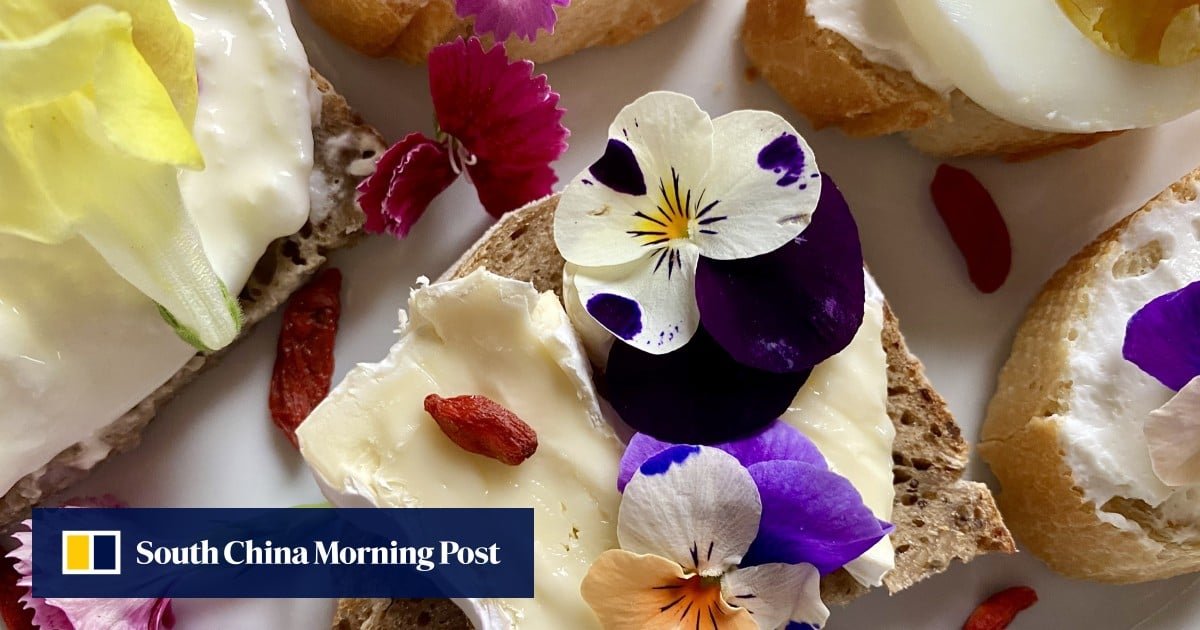We have been consuming plants for health and wellness for thousands of years, either eating them or using them in drinks, tinctures and salves to obtain health benefits beyond their culinary value. The flowers of many plants have also been used for a long time, but today with the growing interest in functional health (maintaining health, not just treating problems when they arise) there are more and more ways to utilize flowers.
The flower’s resurgence is rooted in its various medicinal properties. “Flower extracts contain bioactive compounds, such as flavonoids and essential oils, that contribute to their therapeutic effects,” says Irina Turkan, co-founder of Elbology, a brand that produces organic health foods, beverages, and adaptogenic powders based on plants and mushrooms. “These compounds have anti-inflammatory, antibacterial, and sedative properties, making flower extracts such as lavender hydrolate and lavender essential oil a valuable addition to skin care, aromatherapy, and cooking.”
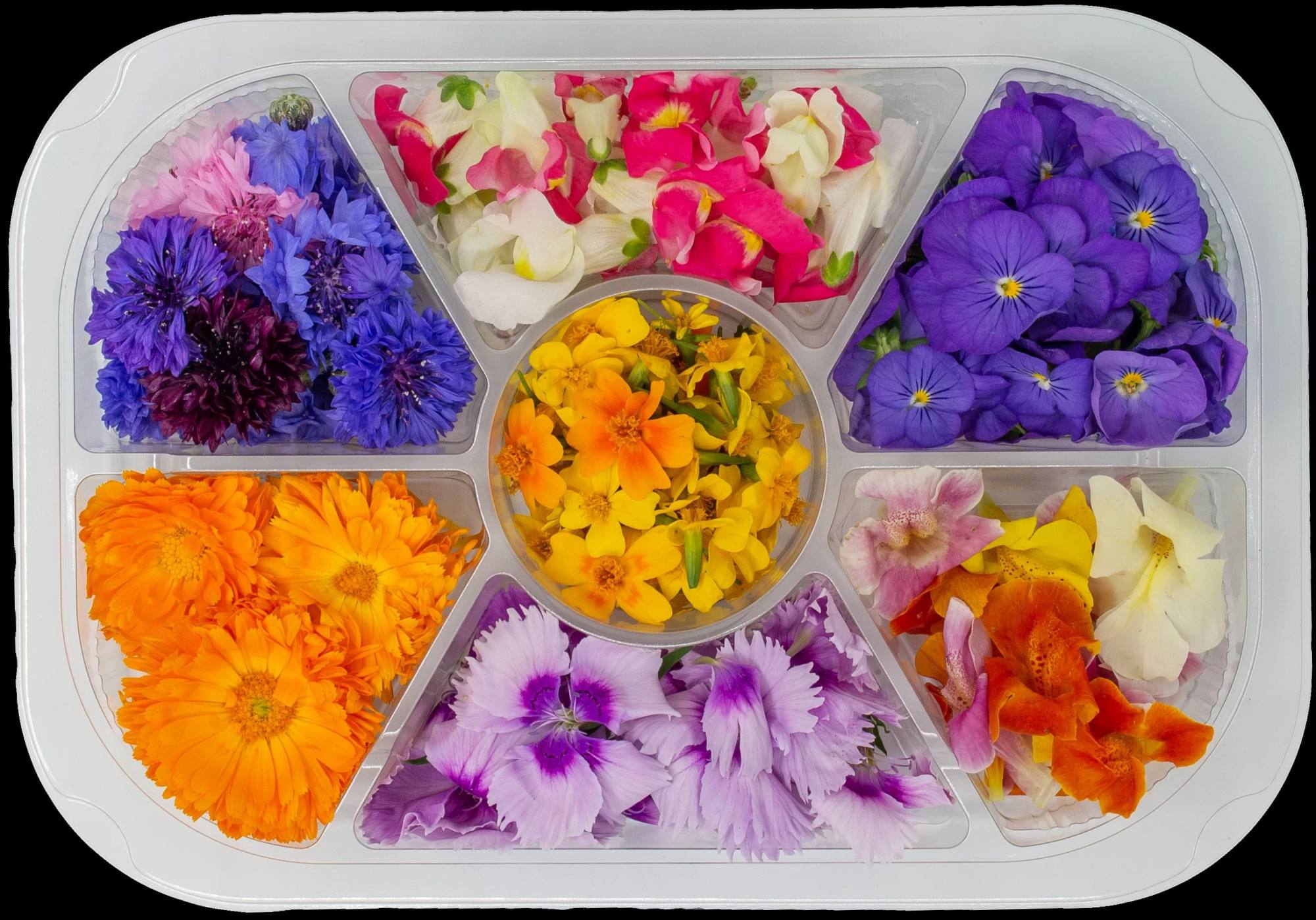
Across cultures and centuries, some flowers have long been praised for their power to soothe, rejuvenate, and protect skin from dryness to aging. “In skin care, floral extracts like rose water and lavender water are known for their soothing and rejuvenating effects on skin — helping to soothe inflammation, reduce redness, and promote cell renewal, resulting in healthier, more radiant skin,” says Turkan.
Some people make broader claims about the effects of flowers on our health, but not all of these claims are yet fully supported by scientific evidence.
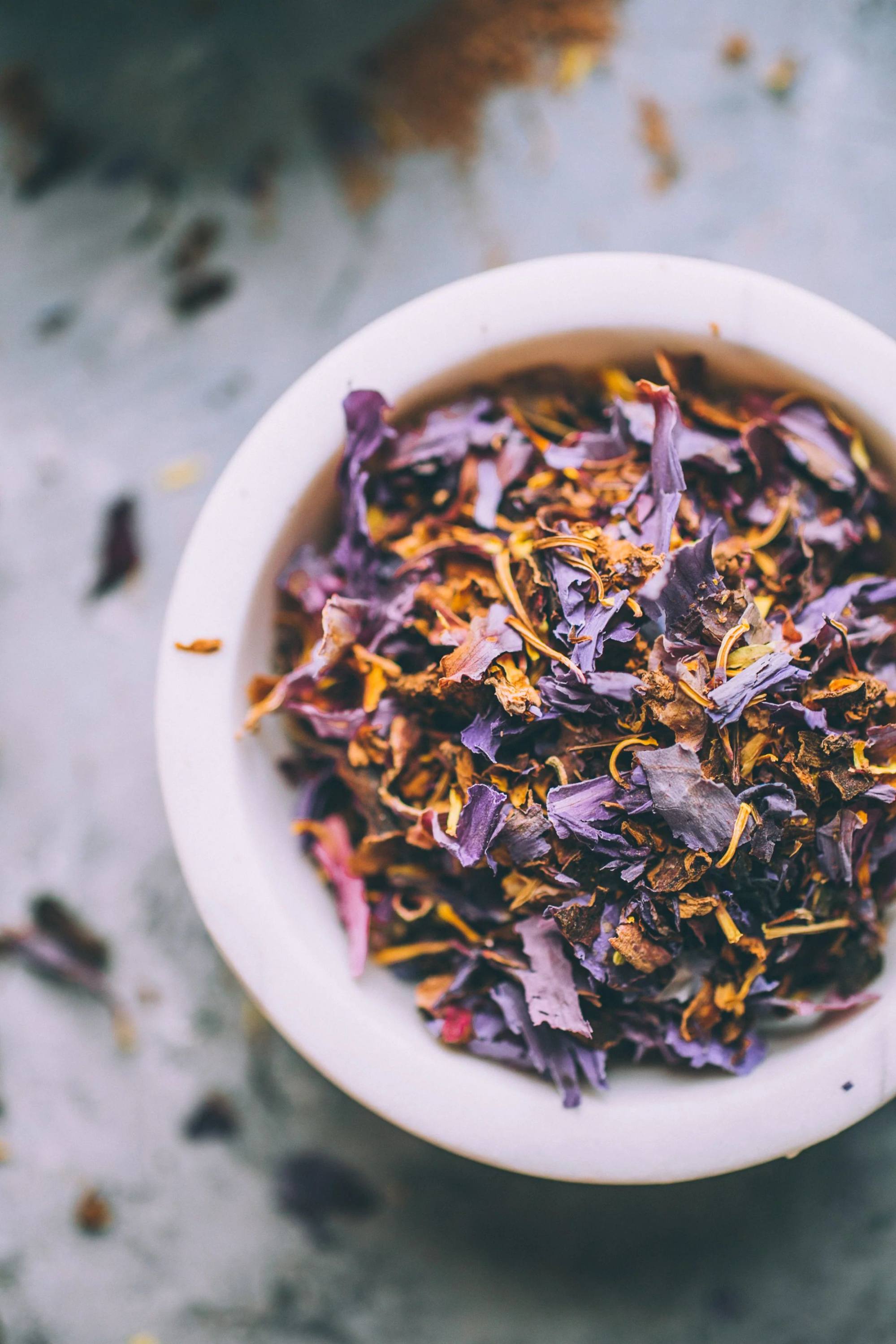
“Fragrant flowers offer us the perfect opportunity to tap into and activate our innate healing powers. These allies of emotional healing, radiant beauty, and spiritual connection empower us to enhance our overall well-being,” says Adora Winquist, founder of High Vibe Aromatics.
One flower that has firmly established itself in our food and culture is tea, an ancient beverage that packs flavor and health into a cup. But today, other flowers have also made their way onto our plates. “In cooking, flowers and their hydrating products add not only flavor but also nutritional value to dishes. Edible flowers like rose petals and lavender buds contain vitamins, minerals and phytonutrients, adding delicate floral aromas while enhancing the nutritional value of a meal,” Turkan says, noting that their aromatic compounds also help stimulate the senses and elevate the culinary experience.
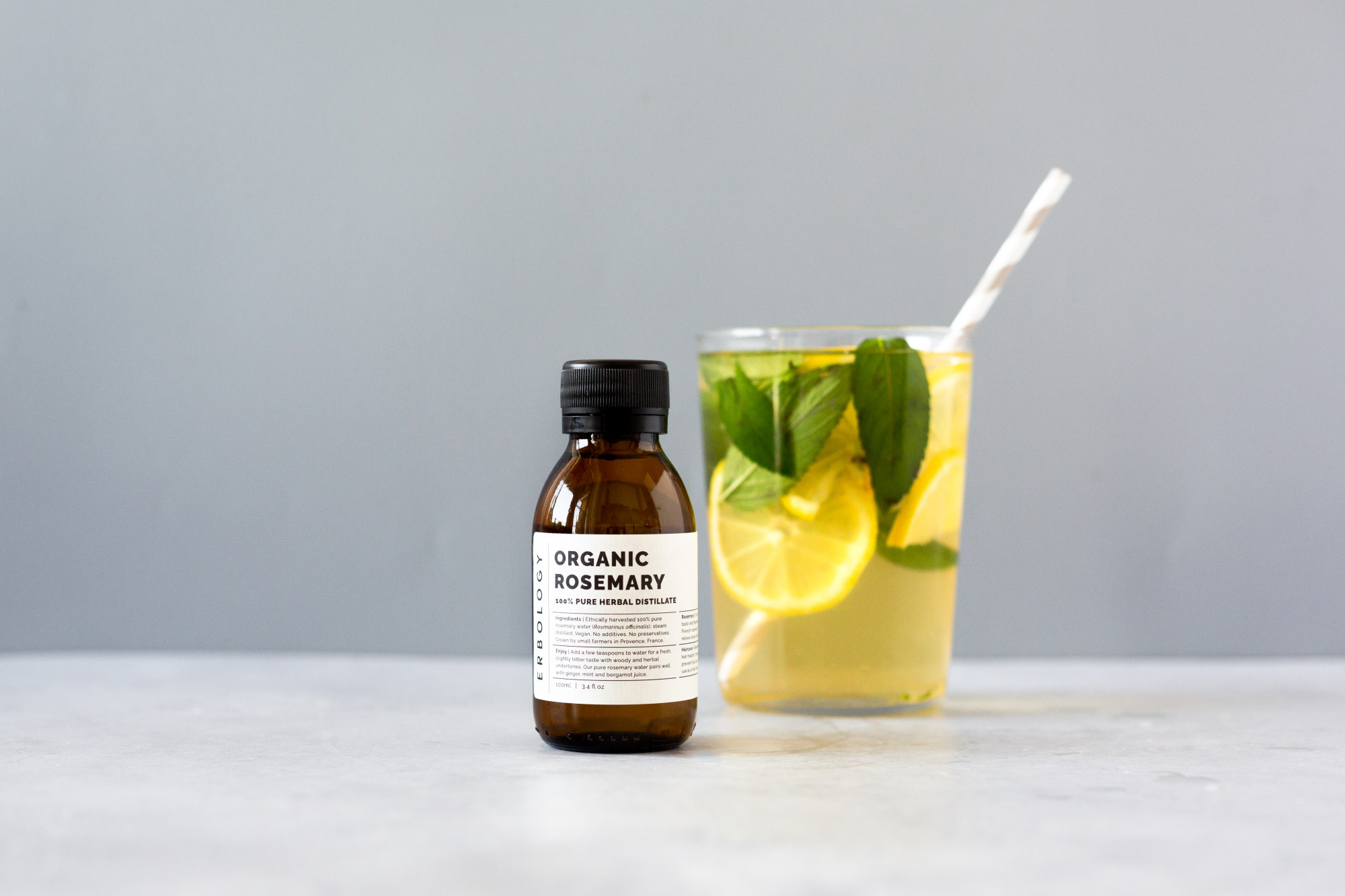
Roses and lavender may be the first flowers that come to mind because of their edible and aromatic properties, but there are plenty of other options. Carnations have a spicy scent and immune-boosting properties, elderflower is known for its antipyretic and antioxidant properties as well as for flavouring drinks, hibiscus is known for its heart-supporting antioxidants, marigolds act as antiseptics and healing agents, and nasturtiums have a zesty scent that is rich in vitamins and minerals. In this sense, flowers are not only visually appealing, but also promote health in an attractive, natural way.
“Many flowers have a calming effect,” Turkan adds. “Plus, their antibacterial properties make them effective against pathogens, promote wound healing, and support the immune system.”
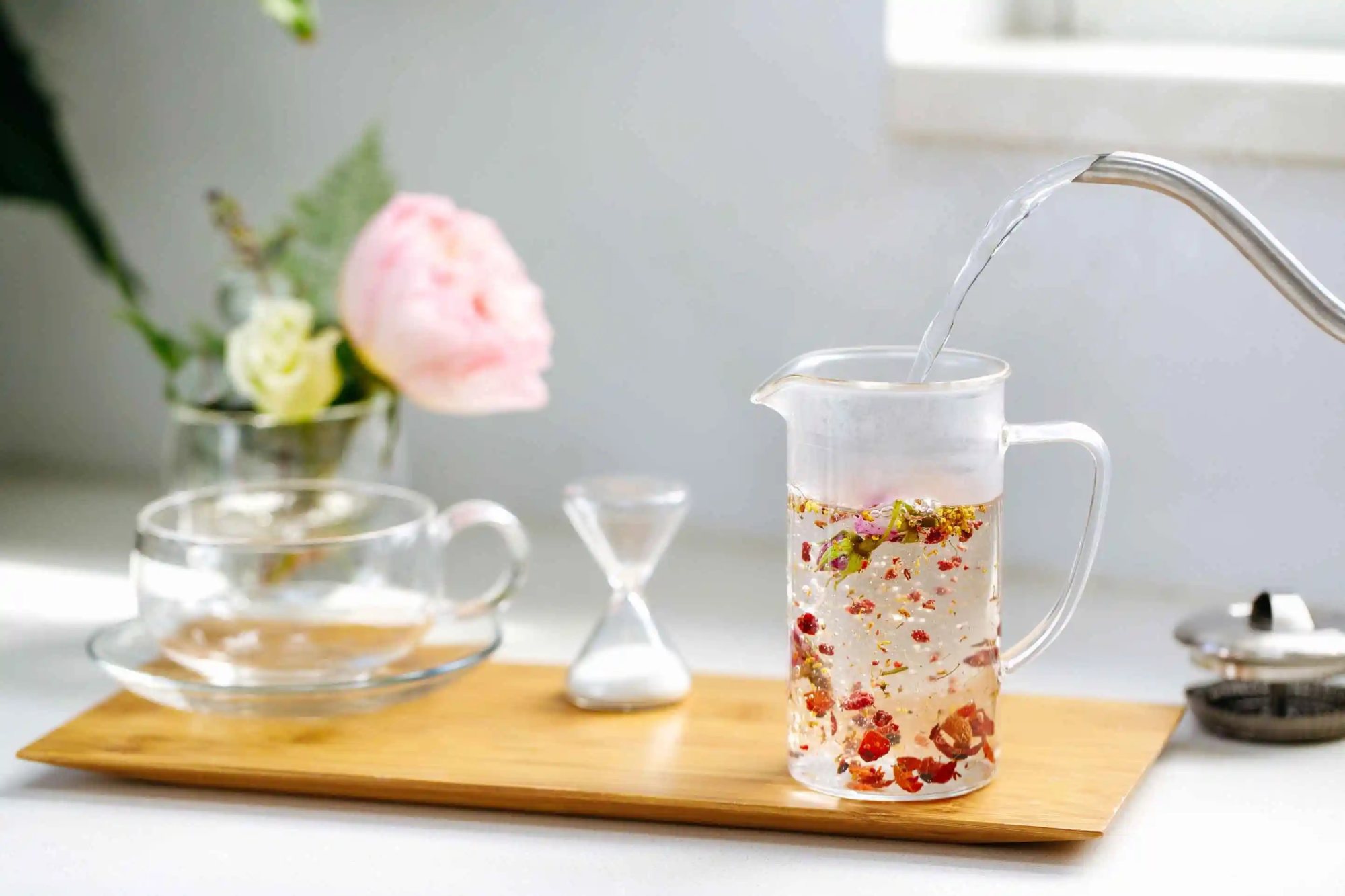
These plants are also known for their calming and mood-enhancing properties. “Compounds such as linalool and terpenes found in flowers such as lavender and rosemary have been shown to reduce anxiety, promote relaxation, and improve sleep quality,” she adds. “Flowers are a rich source of antioxidants, which help fight oxidative stress and prevent cellular damage. These antioxidants protect against chronic disease and support overall health and well-being.”
Flowers not only have a positive effect on our physical health, but also on our emotional and psychological wellbeing. This therapeutic effect comes from their ability to stimulate our senses, evoke memories and inspire feelings of joy and serenity.
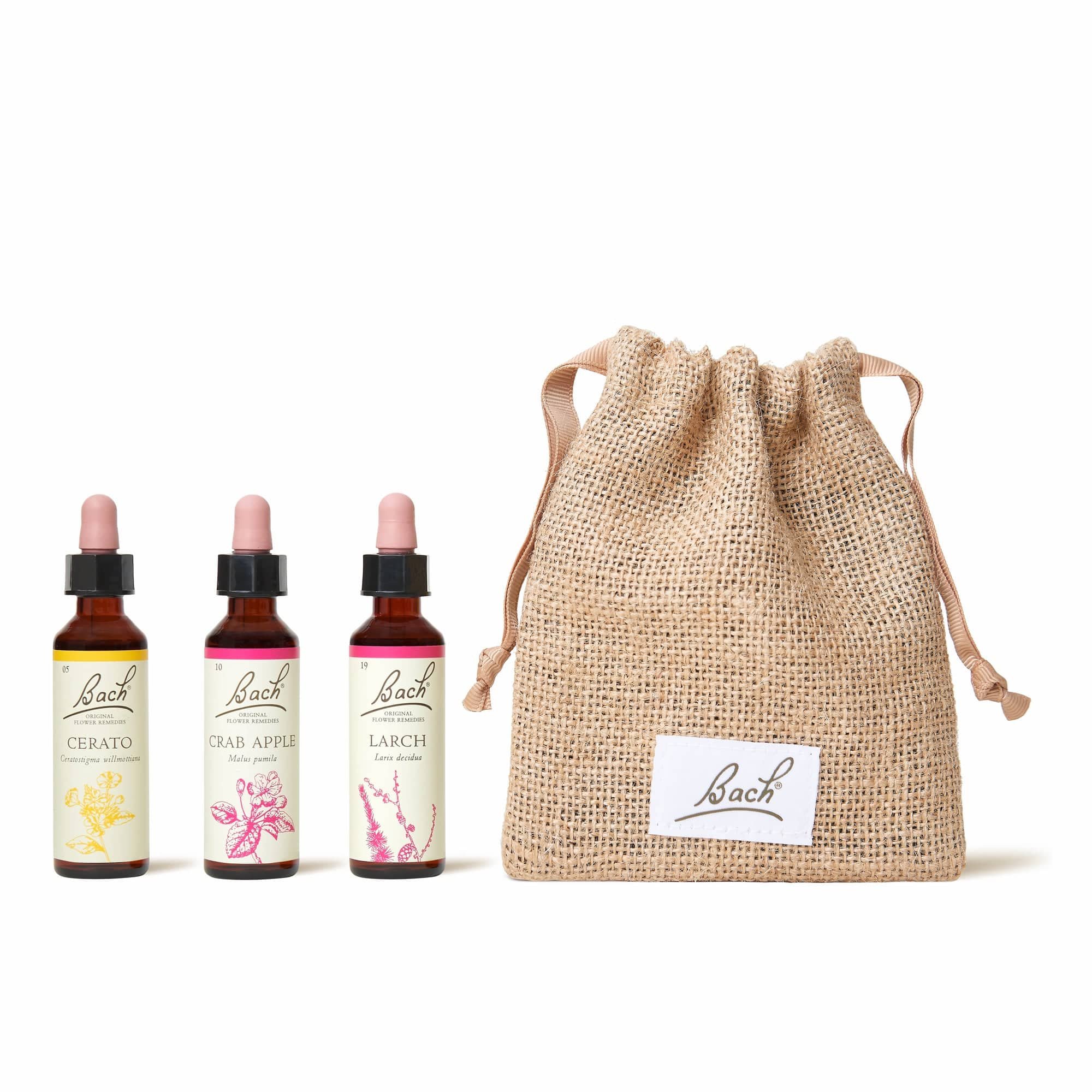
Bach flower, in particular, is said to promote emotional balance and inner harmony. Bach flower is not an extract from a specific plant, but a collection of 38 flower essences developed by Dr. Edward Bach in the 1930s. From the reassuring Mimulus to the calming Water Violet, this set is designed to promote self-healing and overall mental health, treat emotional imbalances and stimulate the body’s natural ability to heal.
“Floral scents evoke powerful emotional responses, elicit memories and elicit feelings of peace and well-being,” Turkan adds. “This phenomenon is the basis of aromatherapy, where inhaling flower essences can have a relaxing effect, reduce stress and elevate mood.”
As consumers increasingly seek out natural health-boosting ingredients, flowers offer a winning combination of flavor, health and beauty, and are part of a sustainable way to further incorporate the healing powers of nature into our diets.

